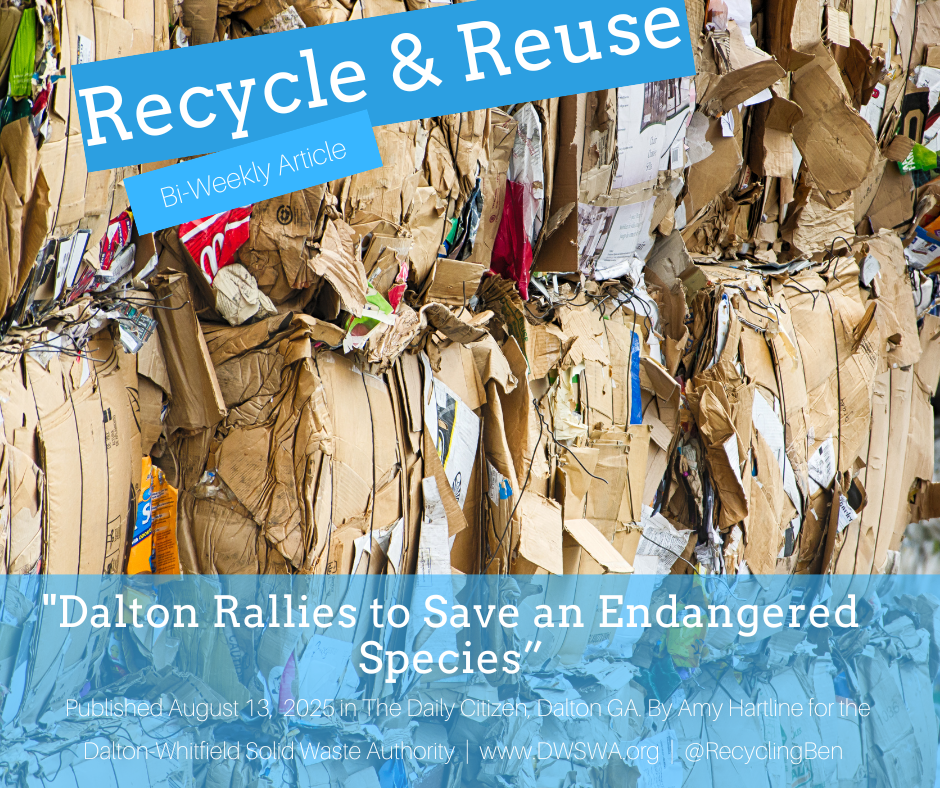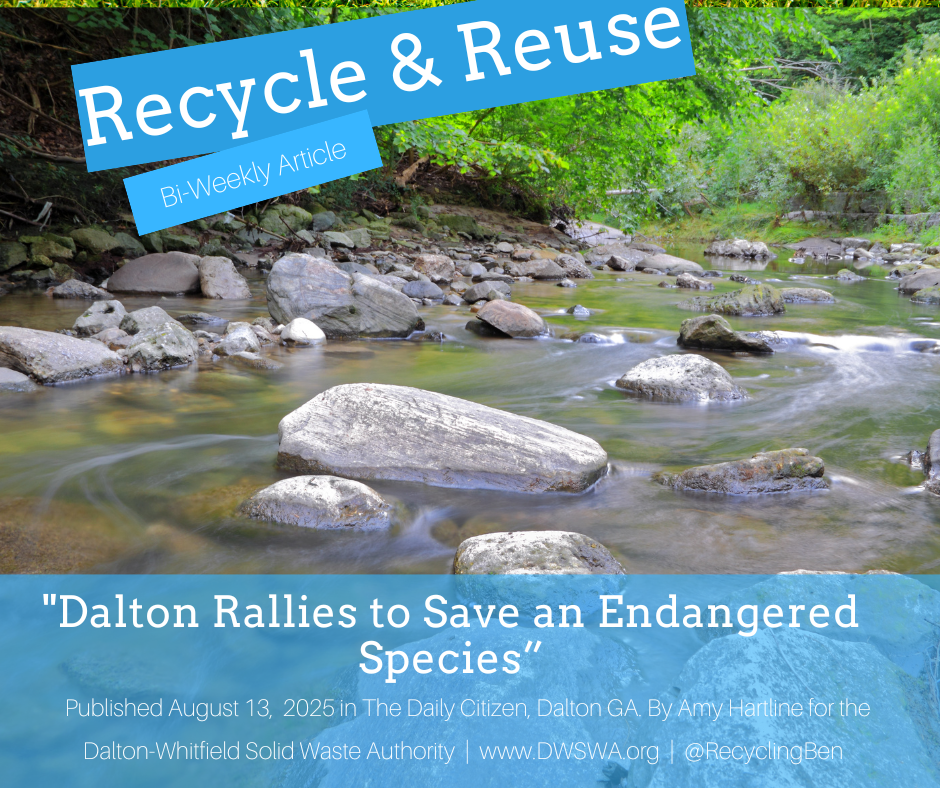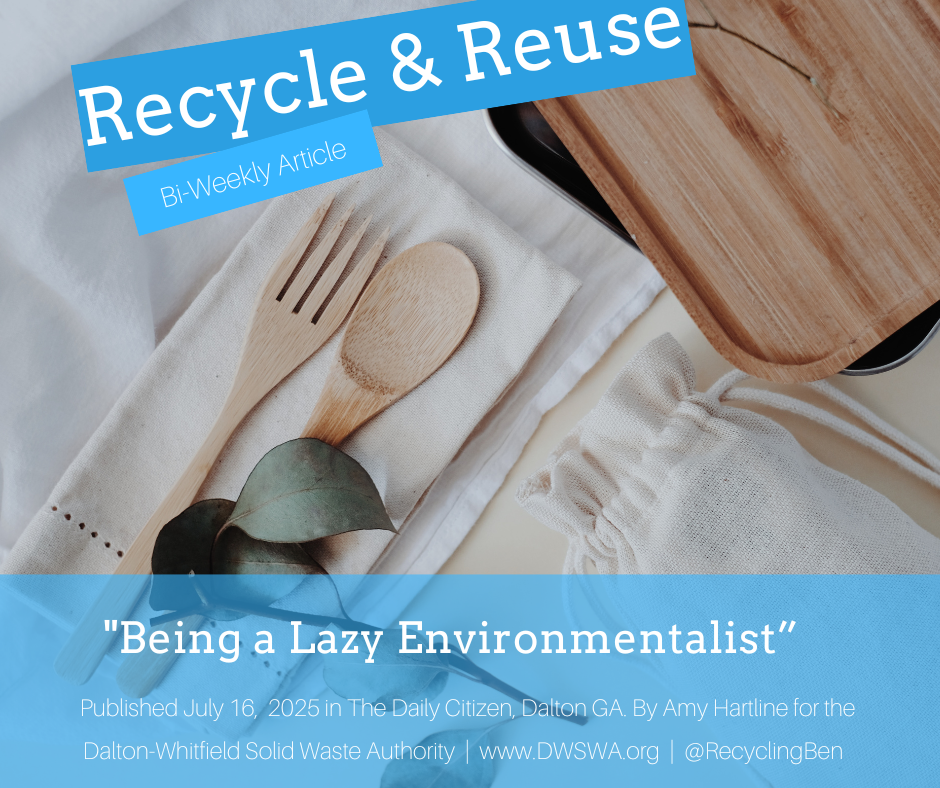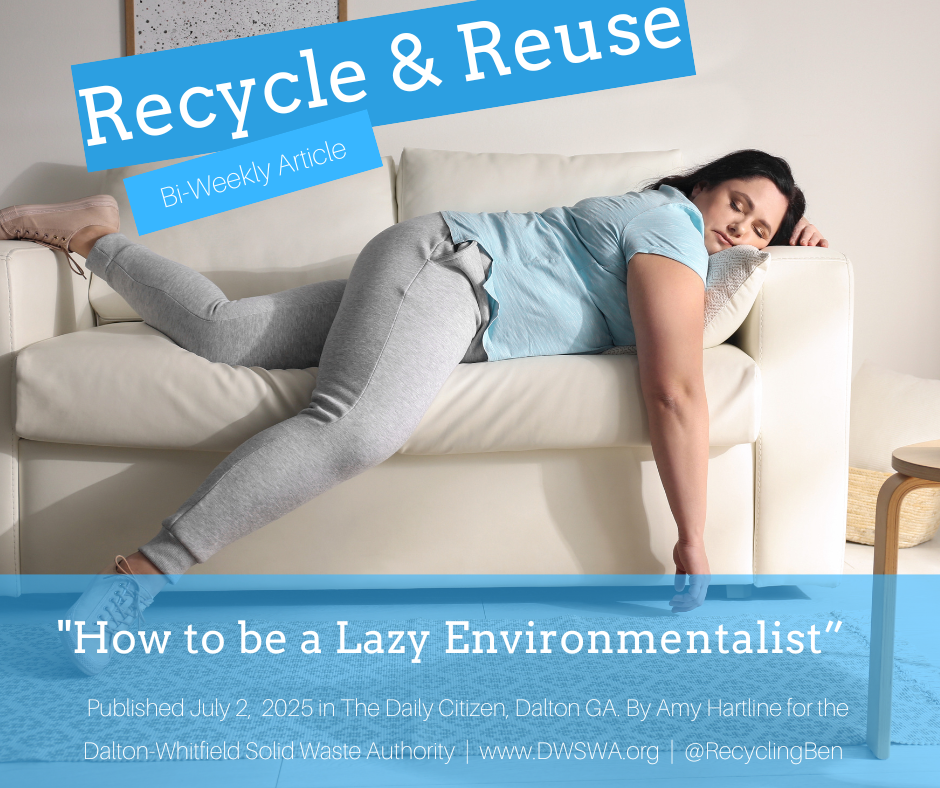60 Minutes for The Earth
/Turn the lights off for 60 minutes on March 25 at 8:30 pm to show your solidarity with a more sustainable future during the 10th anniversary of Earth Hour.
The WWF (World Wildlife Fund) invites you to turn the lights off for 60 minutes on Saturday, March 25 at 8:30 pm local time and join millions of people around the world to make a statement in support of the Earth during a very special 10th anniversary celebration of Earth Hour. Participants can take the pledge to participate at www.EarthHour.org, join the event on Facebook @earthhour, and follow on social media with hashtag #ChangeClimateChange.
Earth Hour began in Sydney, Australia in 2007 to put climate change in the spotlight. Since then it has grown from a single-city event to one that is celebrated in more than 170 countries each year. Celebrations range from individuals turning their lights and electronic devices off at home to large concerts by moonlight. Though the focus was initially climate change, renewable energy, clean water, and other environmental issues have also been highlighted based on each community’s needs making each event unique.
“We started Earth Hour in 2007 to show leaders that climate change was an issue people cared about. For that symbolic moment to turn into the global movement it is today, is really humbling and speaks volumes about the powerful role of people in issues that affect their lives,” said Siddarth Das, Executive Director, Earth Hour Global. Over the past ten years, WWF and Earth Hour teams worldwide have brought thousands of individuals together to help fund and support on-the-ground environmental and social initiatives that serve to advance their goal for a sustainable, climate-friendly future.
In 2017, they’ll be using the movement to shine a light on the climate issue most relevant in their country or region. For example, in Brazil, people will be invited to join forces to protect one of the country’s many biodiversity hotspots from climate change while citizens in South Africa will raise their voice for renewable energy and in China, WWF is working with businesses to encourage a shift toward sustainable lifestyles.
A more recent, and increasingly popular, feature of the global one hour event is called Donate Your Feed. Participants can now share their commitment to the planet by donating five Facebook posts on their timeline to Earth Hour by registering at www.earthhour.org/climateaction. The posts will begin two to three days before the actual event to help increase participation in this grass roots movement.
“Every flick of a switch or click on Facebook timelines is a reminder that people see themselves as an integral part of climate action and it is this kind of collective determination we need to tackle the most pressing environmental challenge our planet has ever faced.” added Das.
Besides turning off the lights at home, and turning off electronic devices like television sets and computers when not in use, individuals can take other action steps to help create a more sustainable future by conserving energy. Running the dishwasher or washing machine only when there is a full load for example conservers energy and water usage. While buying energy efficient appliances and lightbulbs conserve energy in the long term.
Other actions may include using reusable water bottles or tumblers instead of plastic water bottles that may or may not get recycled at the end of the day. Using reusable shopping bags instead of disposable plastic bags, or even collecting plastic shopping bags and dropping them off at a retail store for recycling, can help prevent waste. Buying only the amount of food you actually need can also help reduce food waste at the end of the day. Reducing waste helps conserve natural resources.
Participants may choose to make a statement with their pocketbooks purchasing products with minimal packaging, locally grown, or with ingredients that are natural, organic, or non-toxic. You may also choose to carpool, take a bicycle, or walk instead of using a vehicle to conserve fuel and reduce air pollution. Or adopt the use of digital documentation to use less paper in the office. These and many other action steps will help lead us on the way to make a change for the better.
































